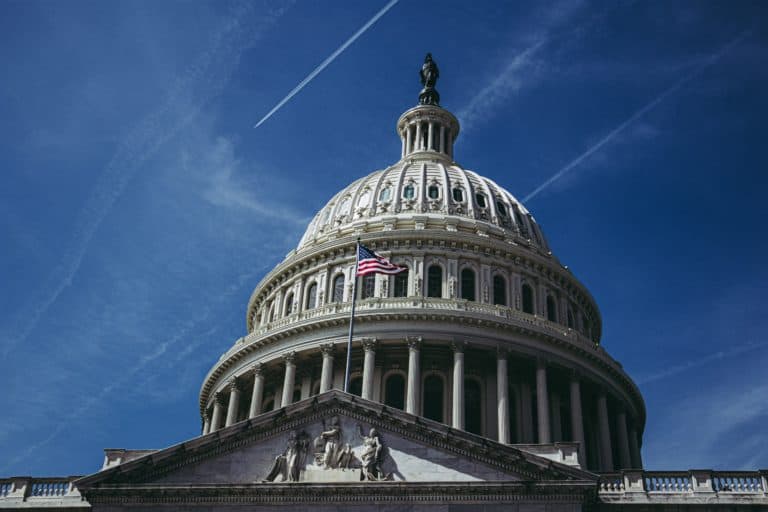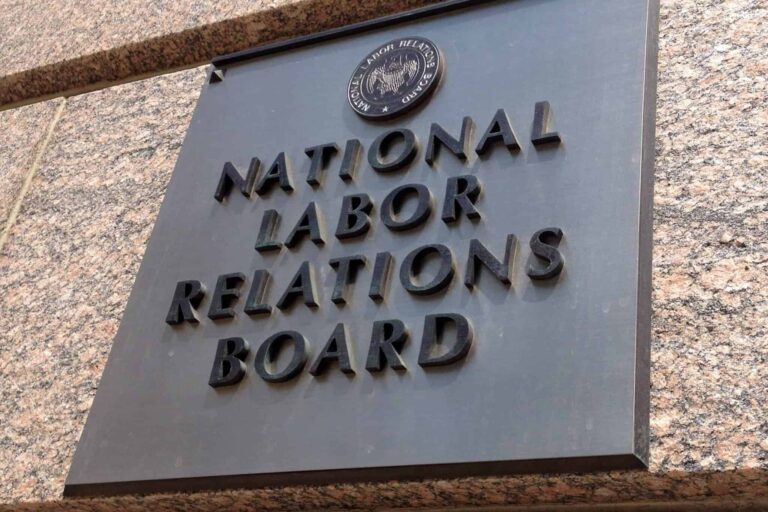
Benjamin Sachs is the Kestnbaum Professor of Labor and Industry at Harvard Law School and a leading expert in the field of labor law and labor relations. He is also faculty director of the Center for Labor and a Just Economy. Professor Sachs teaches courses in labor law, employment law, and law and social change, and his writing focuses on union organizing and unions in American politics. Prior to joining the Harvard faculty in 2008, Professor Sachs was the Joseph Goldstein Fellow at Yale Law School. From 2002-2006, he served as Assistant General Counsel of the Service Employees International Union (SEIU) in Washington, D.C. Professor Sachs graduated from Yale Law School in 1998, and served as a judicial law clerk to the Honorable Stephen Reinhardt of the United States Court of Appeals for the Ninth Circuit. His writing has appeared in the Harvard Law Review, the Yale Law Journal, the Columbia Law Review, the New York Times and elsewhere. Professor Sachs received the Yale Law School teaching award in 2007 and in 2013 received the Sacks-Freund Award for Teaching Excellence at Harvard Law School. He can be reached at [email protected].
We will have a full analysis of Cemex soon, but among the critical holdings in the (132 page) opinion is this one:
“We conclude that an employer confronted with a demand for recognition may, instead of agreeing to recognize the union, and without committing an 8(a)(5) violation, promptly file a petition pursuant to Section 9(c)(1)(B) to test the union’s majority support and/or challenge the appropriateness of the
unit or may await the processing of a petition previously filed by the union.
However, if the employer commits an unfair labor practice that requires setting aside the election, the petition (whether filed by the employer or the union) will be dismissed, and the employer will be subject to a remedial bargaining order.”
Put somewhat differently, under the rule announced in Cemex (and based on my initial read), an employer presented with a demand for card-check recognition may respond by promptly petitioning for a Board-conducted election. But, if the employer then commits an unfair labor practice that requires invalidating the results of that election, the employer doesn’t get a new election; it gets an order to recognize and bargain with the union. Hence, Cemex establishes a new and quite promising disincentive to employer unfair labor practices: the employer that commits ulp’s in the Cemex context (ones that warrant setting aside the election) must comply with the results of a card check.










Daily News & Commentary
Start your day with our roundup of the latest labor developments. See all
February 16
BLS releases jobs data; ILO hosts conference on child labor.
February 15
The Office of Personnel Management directs federal agencies to terminate their collective bargaining agreements, and Indian farmworkers engage in a one-day strike to protest a trade deal with the United States.
February 13
Sex workers in Nevada fight to become the nation’s first to unionize; industry groups push NLRB to establish a more business-friendly test for independent contractor status; and UFCW launches an anti-AI price setting in grocery store campaign.
February 12
Teamsters sue UPS over buyout program; flight attendants and pilots call for leadership change at American Airlines; and Argentina considers major labor reforms despite forceful opposition.
February 11
Hollywood begins negotiations for a new labor agreement with writers and actors; the EEOC launches an investigation into Nike’s DEI programs and potential discrimination against white workers; and Mayor Mamdani circulates a memo regarding the city’s Economic Development Corporation.
February 10
San Francisco teachers walk out; NLRB reverses course on SpaceX; NYC nurses secure tentative agreements.